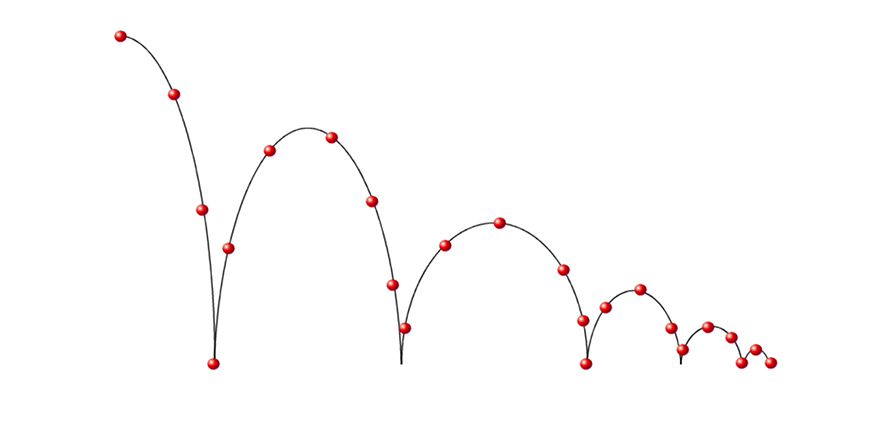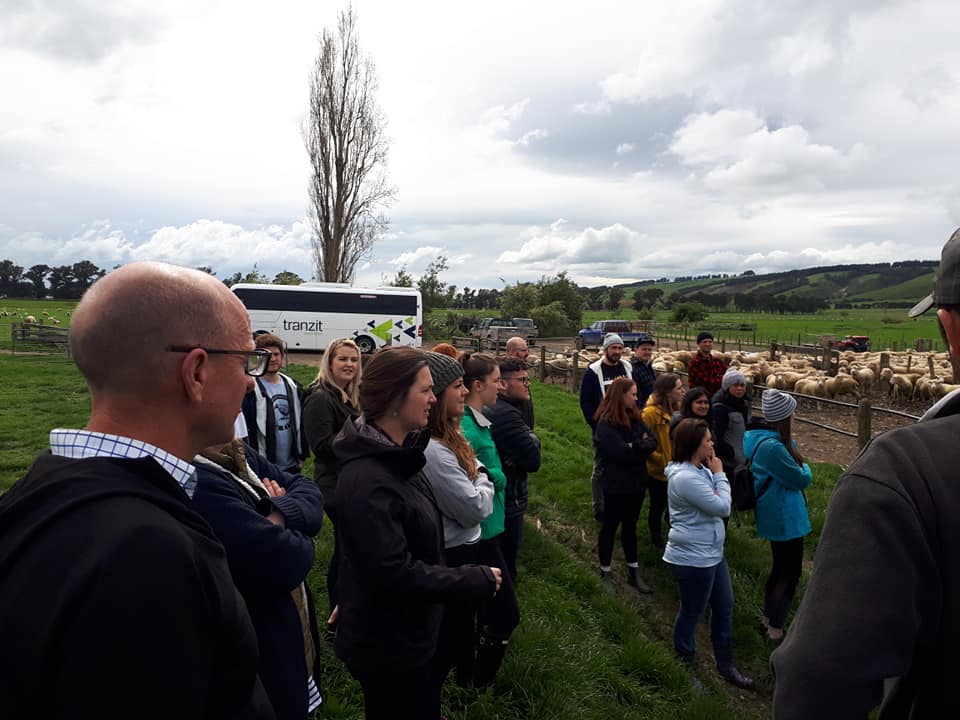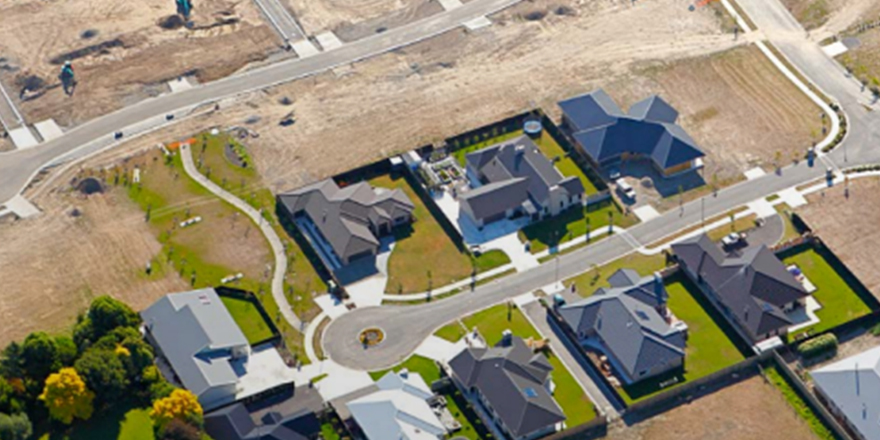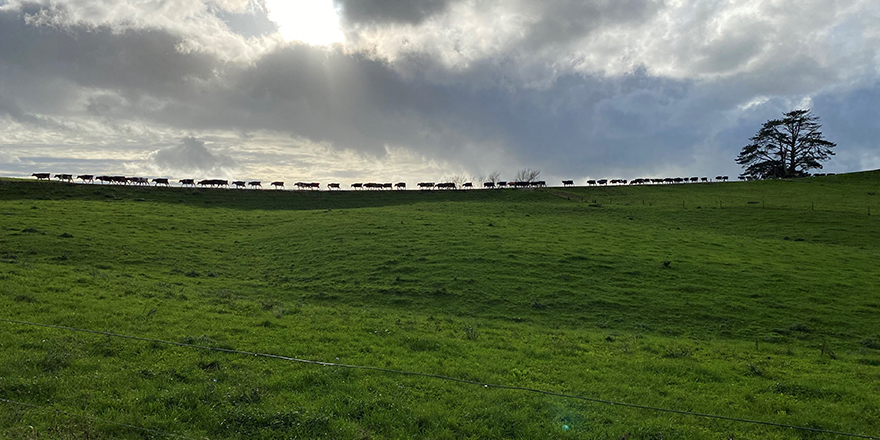
Executive summary
As the chairman of the newly formed Pohangina Catchment Care Group I wanted to investigate the roles that catchment groups can and do play in our rural communities. The basis of this report is:
How can catchment groups create positive change and build resilient rural communities.
I investigated why catchment groups are formed, how they are formed and what they are producing. By gaining an understanding of the literature around resilience, social sense making, the social licence to farm and the legislative requirements on farmers. I aimed to seek any correlation between the above topics and catchment groups.
There is currently considerable pressure on rural communities both from legislation to social pressures, and the considerable amount of change and disruption currently being presented to farmers. I wanted to see if catchment groups are an option for building a better future for farmers and help to alleviate the pressure and manage the changes.
I interviewed six people involved with catchment groups as well as read up on the topic. The basis of the interviews was to find a correlation with the literature and catchment groups. Using thematic analysis, I scrutinised my results to get an understanding of the key themes from my interviews. This made it possible to align those themes with the literature and seek out any correlations.
What I found through my research was that social sense making has a strong correlation with catchment groups that have a positive mindset and vision and the building of social capital. Catchment groups are also building self confidence in their group members as they have a constructive environment to learn in.
Something that came through strongly in the interviews was that catchment leaders play a key role as resilient individuals to create motion in these groups and help to get them up and running. It was noted that there is a strong reliance on catchment leaders and there is a risk that too much pressure on them could cause the system to fail. Any government intervention or assistance needs to support catchment leaders and not impede on their ability to lead constructive change.
My recommendations are that catchment leaders are supported through administrative support and high-level training in strategic vision and resilience thinking. That the principles of adaptive enquiry are taught to existing and future catchment groups. Also, that catchment groups don’t do this journey alone but that they include the wider public to get them onboard with the concept of catchment groups.
Resilient individuals build groups, groups build positive social capital, positive social capital builds resilient communities.




